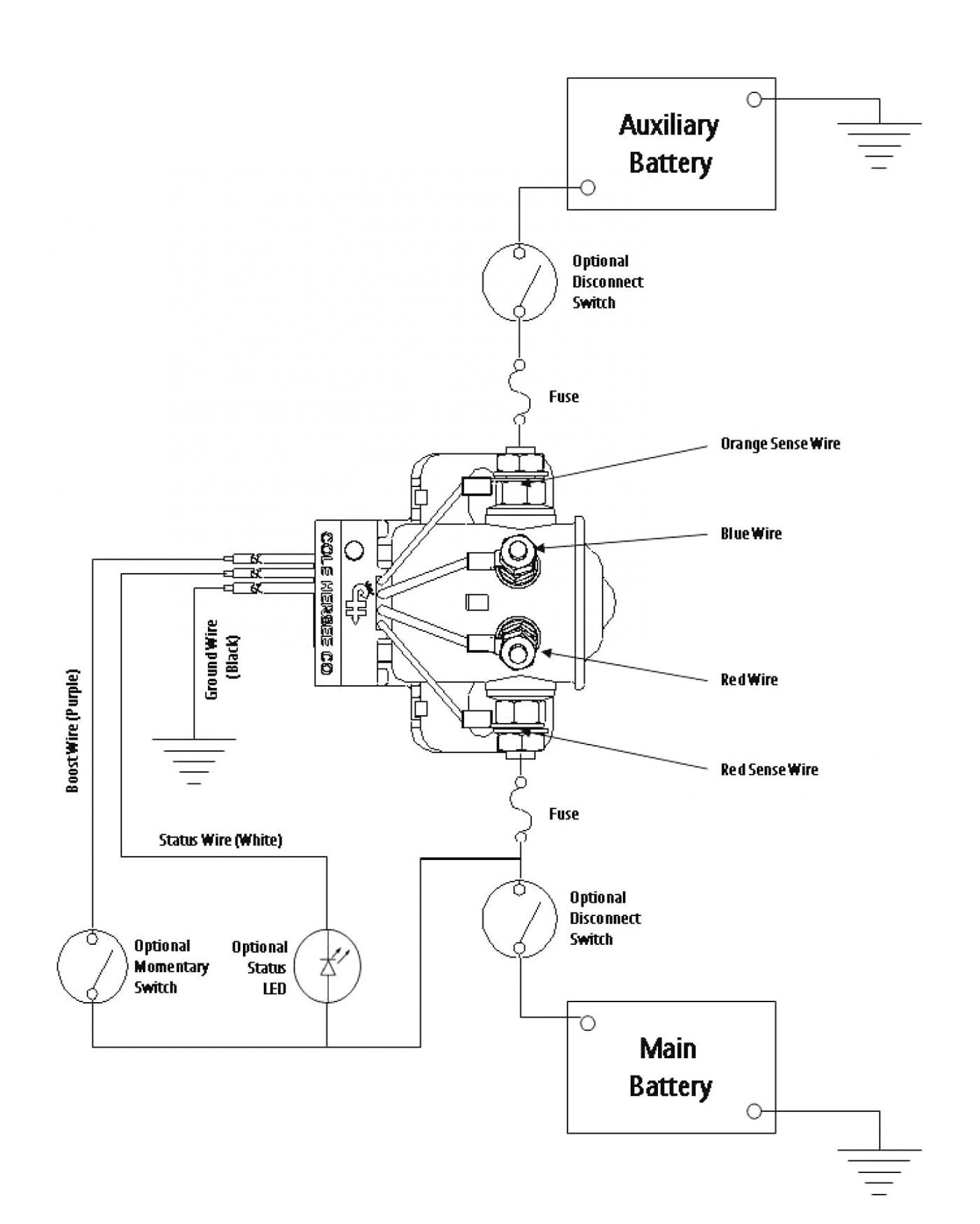Smart Battery Isolator Wiring Diagram is a crucial tool for anyone working with electrical systems in vehicles. These diagrams provide a visual representation of the electrical connections and components in a battery isolator system, helping mechanics and DIY enthusiasts alike to understand and troubleshoot the wiring.
Why Smart Battery Isolator Wiring Diagrams are Essential
Smart Battery Isolator Wiring Diagrams are essential for the following reasons:
- Help in understanding the electrical connections in a battery isolator system
- Aid in diagnosing and troubleshooting electrical problems
- Ensure proper installation and connection of components
- Prevent damage to the vehicle’s electrical system
How to Read and Interpret Smart Battery Isolator Wiring Diagrams
Reading and interpreting Smart Battery Isolator Wiring Diagrams may seem daunting at first, but with a bit of guidance, it can be a straightforward process. Here are some tips:
- Start by identifying the key components in the diagram, such as batteries, isolators, fuses, and switches
- Follow the flow of the electrical connections from one component to another
- Pay attention to the color codes and symbols used in the diagram to understand the wiring configuration
Using Smart Battery Isolator Wiring Diagrams for Troubleshooting Electrical Problems
Smart Battery Isolator Wiring Diagrams are invaluable for troubleshooting electrical problems in a vehicle. By following the wiring diagram, you can:
- Identify faulty connections or components causing the issue
- Trace the path of the electrical current to pinpoint the problem area
- Make accurate repairs or replacements to fix the electrical problem
Importance of Safety When Working with Electrical Systems
When working with electrical systems and using wiring diagrams, safety should always be a top priority. Here are some safety tips and best practices to keep in mind:
- Always disconnect the vehicle’s battery before working on the electrical system
- Wear appropriate safety gear, such as gloves and eye protection, to prevent accidents
- Avoid working on electrical systems in wet or damp conditions to prevent electric shocks
- Double-check all connections and wiring before powering up the system to avoid short circuits
Smart Battery Isolator Wiring Diagram
The Ultimate Guide to Understanding Cole Hersee Smart Battery Isolator

Cole Hersee Smart Battery Isolator Wiring Diagram

Step-by-Step Guide: How to Properly Wire a Smart Battery Isolator

Smart battery isolator wiring diagram – assetgulu

smart battery isolator wiring diagram – Wiring Diagram

Understanding A Dual Battery Isolator Wiring Diagram – Moo Wiring
